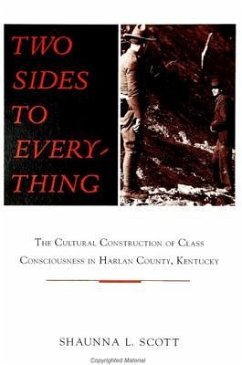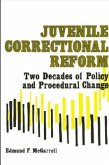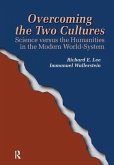This is an oral history and ethnography of miners and their families in Kentucky focusing on political ideology and working class consciousness. Harlan County, Kentucky emerged in the public eye during the 1930s when poverty, unemployment, and violent unionization struggles caught the attention of the national news media and the American people. It burst on the scene again during the 1972-73 Brookside strike, an event chronicled in the Academy Award-winning film, "Harlan County, U.S.A." In this book the author brings the American reader up to date on this interesting community by documenting the everyday lives of Harlan miners and their families in the mid-1980s. Using a neo-Marxian perspective, Two Sides to Everything characterizes the nature, limitations, and transformative potential of class consciousness among two generations of Harlan miners. It also elucidates the apparent contradictions between popular images of central Appalachians, as militant labor activists, on one hand, and passive, traditional, fatalistic "hillbillies," on the other. The book accomplishes these tasks through a systematic consideration of the relationship between the central experiential bases and sources of identity among Harlan county miners--class, kinship, community, religion, and gender.
Hinweis: Dieser Artikel kann nur an eine deutsche Lieferadresse ausgeliefert werden.
Hinweis: Dieser Artikel kann nur an eine deutsche Lieferadresse ausgeliefert werden.








